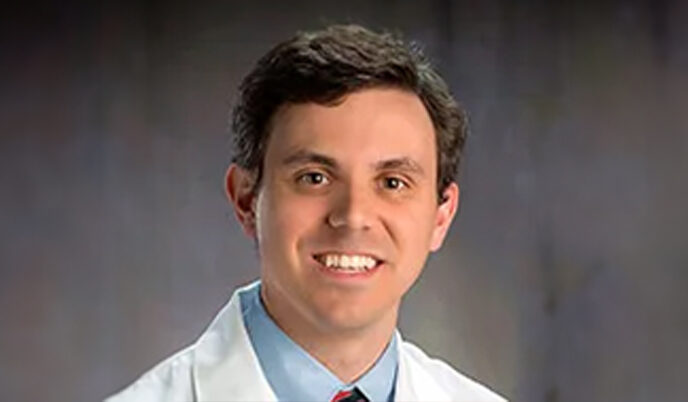
SPORE announces $400,000 in pilot grants for head and neck cancer
The University of Wisconsin Head and Neck SPORE Grant recently awarded pilot funding to nine UW School of Medicine and Public Health researchers for new projects.

Q&A: Paul Harari on radiation oncology
Dr. Paul Harari begins his term as president of the American Society for Radiation Oncology (ASTRO) at the group’s annual meeting in San Diego Sept. 24-28.

Paul Harari begins presidency of radiation oncology society
Dr. Paul Harari of the University of Wisconsin Carbone Cancer Center begins a term this week as president of the American Society for Radiation Oncology (ASTRO), the world’s premier radiation oncology society, which is holding its annual meeting in San Diego.

The Ride raises $300,000 for cancer research at the University of Wisconsin
Cancer research at the University of Wisconsin and Carbone Cancer Center got a big boost Sunday when more than 1,200 bike riders took to the beautiful roads of eastern Dane County to raise money for cancer research.

Inga Hofmann named medical director of Program for Advanced Cell Therapy
The Program for Advanced Cell Therapy (PACT), a collaboration of the University of Wisconsin School of Medicine and Public Health and UW Carbone Cancer Center, has chosen its first medical director.

CLR 131 found to broadly target pediatric solid tumors
According to a new study by UW Carbone Cancer Center (UWCCC) researchers, a broadly applicable cancer therapy currently being developed by Cellectar Biosciences may have the potential to work in pediatric solid tumors.

Nirupama Pike named director of new cell therapy program
The University of Wisconsin School of Medicine and Public Health, in partnership with the UW Carbone Cancer Center, has chosen its first director of cell manufacturing at the Program for Advanced Cell Therapy (PACT).

New pancreatic cancer study uses optical imaging to craft better treatments
Pancreatic cancer research at the University of Wisconsin Carbone Cancer Center (UWCCC) is getting a big boost, thanks to a $3 million grant from the National Cancer Institute.

UW Carbone Cancer Center researchers win two national prostate cancer awards
UW Carbone Cancer Center researchers won two of the six national Challenge Awards announced this week by the Prostate Cancer Foundation and the Movember Foundation.

Study provides cellular explanation for higher risk of prostate cancer in aging men
The link between aging and prostate cancer development is now better understood, based on a study by University of Wisconsin Carbone Cancer Center researchers.

Carbone study find protein that improves immune response in colon cancer
A better understanding of the function of non-cancerous cells and tissue surrounding colon cancer cells is providing a clearer picture of how the immune system recognizes and accesses the cancer site, according to a new study by University of Wisconsin Carbone Cancer Center (UWCCC) researchers.

Andrew Baschnagel wins UW Carbone award for lung cancer study
The University of Wisconsin Carbone Cancer Center (UWCCC) has awarded Dr. Andrew Baschnagel its 2017 Young Investigator Award. Baschnagel is a radiation oncologist who specializes in treating patients with lung and other thoracic cancers. He joined the Cancer Center in 2014.